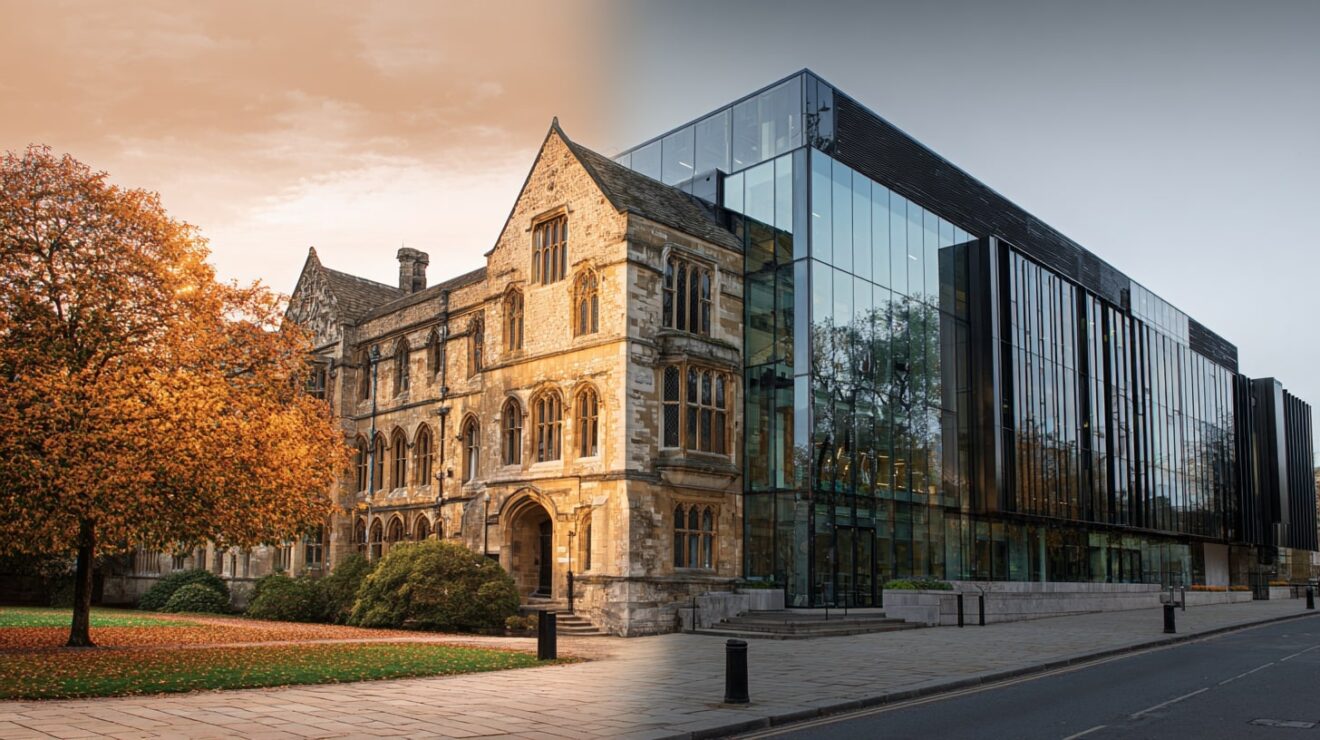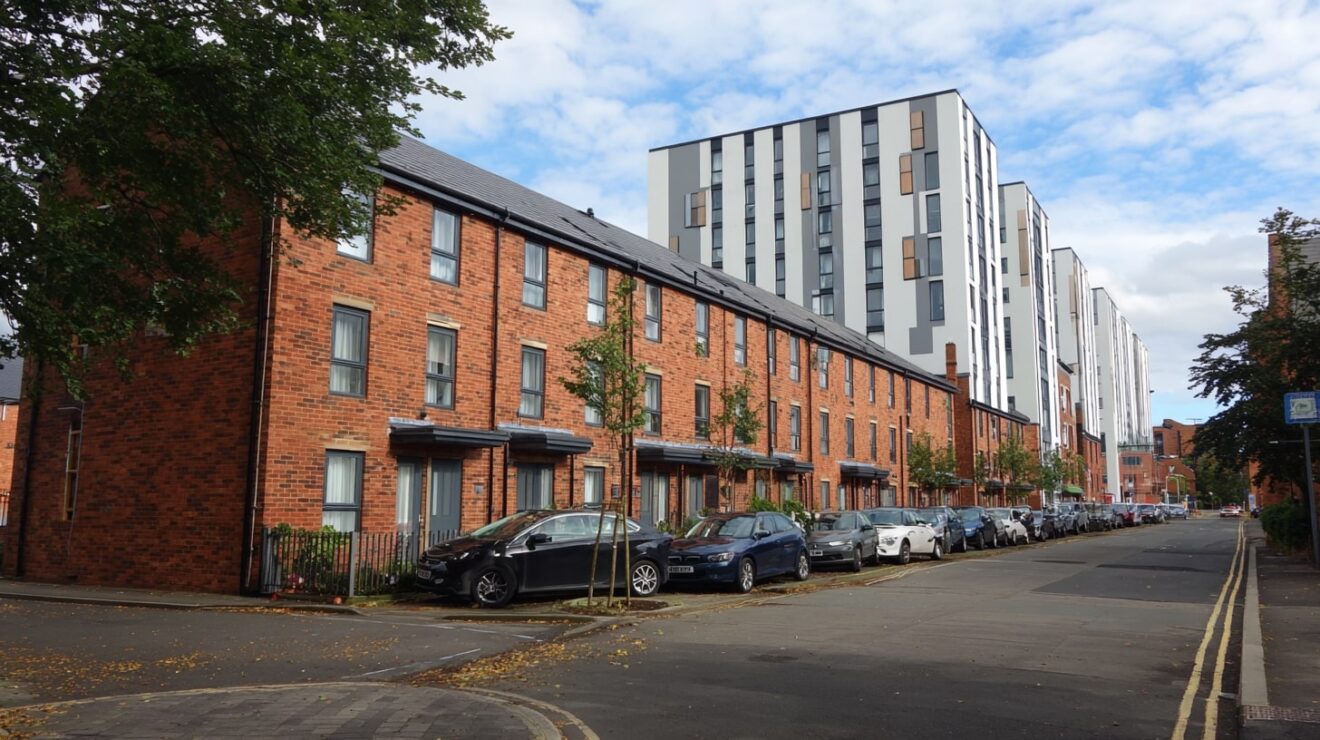Imagine starting a career in education as effectively a lovechild between two of the most central – yet oftentimes separated – student services on campus. How do you find the synergy?
You might throw together an acting toolkit, add in a commercial awareness hyperfixation, deliver fun and interesting spins on traditional career activities and embed employability in SU strategies – all while creating genuine professional development interventions.
Most people think linking between departments is a bit of a no brainer. But in reality trying to facilitate informed, actionable and impactful events which both services can utilise can be really tricky – there’s lots of toe-stepping, silos, and a few “that’s already been done and it doesn’t work” and the dreaded “oh…we’re actually doing that already.”
It can work
City University’s EDP (Employment Development Plan) funded an Employability and MicroPlacement Programme Coordinator role inside City Students’ Union. This offered a great chance to bring the services together, while creating up to 40, credit-bearing placement opportunities for UG students over the summer.
With the SU at the time going through a democratic restructure, and a new strategic review based around making “students stand out from the crowd” it was the perfect time to tackle employability.
An inaugural 22 placements covered issues like covid adaptation effectiveness, international student needs, identifying new services for internal processes like finance, providing student-led welcome concepts and more.
An SU x Careers Fair brought key internal and external stakeholders together for a student facing celebration of Employability, aiming to inspire access to both services.
An employer focused programme rep conference saw skills-based activity in the first half, with actively recruiting organisations’ representatives networking with our programme reps in the second.
It also saw the launch of community organising training for EDI-focused students, who then delivered sabb training.
It’s hard work
Trying to connect the concept of employability to an SU can be a difficult sell – save for society leadership. Why come here, when careers know the links? Time poverty is another, sector-wide concern. If nothing actually comes of attending a session, why should I?
There’s also cost of living. You can put together a budgeting workshop for a student, but when the issue isn’t managing money sustainably, but not having money to spend – what’s the point?
In theory this is where I would say that two services doing different things should stay in their lanes. But in my view, they need to have a more consistent connection.
The hybrid nature of the role really has the capacity to change the way SU’s can position as THE student organisation and add an honest voice to the tricky reality of university – that success is hard, is not guaranteed and is students’ responsibility.
During the placements, I ran communal CV checks, interview prep in the round, honest industry insights and 1-1 journey appointments. I delivered acting workshops on voice and character, project management and Stanislavski’s units of action in negotiation.
I delivered sector-specific commercial awareness forums and research sessions, EDI specific workshops, and weekly stand-ups where no student escaped a question on what the FTSE looked like that morning.
Students were surprised that no one had told them that on average grad recruiters looked at CV’s between 6/7 seconds, or that a job at most Big 4 or magic circle firms aren’t always 9-5. In reality the degree is the baseline for a role, and even then, there’s (un)official hierarchies.
We created 22 grounded, careers conscious graduates, all of which succeeded in attaining a role post placement. The SU even hired one straight afterwards.
A work plan
Now that I’m working for York St John London in the student opportunities team where the demographics and stakes are different. We’re a London satellite campus, working with almost exclusively international PGT students on MBA programmes, many of them are from industry so they readily accept a clear picture of their sectors. Is it always a pretty picture? No. Is it one they deserve (and have paid for) to know? I’d say Yes.
Should every institution have a hybrid role? I’d have to go with my gut and say no. Should every institution create a shared platform with their careers service, invest staff time with working with both the careers team and external employer engagement team? I think you can guess my answer.
Connecting up relevant events from what’s on platforms with careerss calendars is good first step. Why not have careers consultants deliver sector specific training for your sabbs if they represent a specific learner demographic or school?
Having staff from both sides commit time to attend each other’s events is also a good thing to do. If a big employer is delivering a session on accessing their firm, following up with a practical session to apply that knowledge makes lots of sense.
We’re both in the business of outcomes – so seeing if students are referencing specific SU experiences which have improved their graduate outcomes, and working with your alumni team to get them in front of students is a good shout.
Connecting with local enterprises (or asking to see the list of your internal providers) and creating spaces which they can input what specific needs their sectors are experiencing also makes sense. Programme reps are a perfect test group.
And don’t forget the fun. Doing things differently means they’re memorable.
Every institution is different, and particularly niche universities are succeeding in this space very well. One that comes to mind is University of Law’s student development programme, which almost acts as both services in one. I’m sure there’s great work elsewhere in smaller institutions who are directly affecting on their communities.
Students who engage often stay engaged. Irrespective if they’re an aspiring cut-throat corporate climber, future social enterprise CEO, or just want to have fun in their societies and invest in their futures, bringing the two services together can create an incredible student experience and result in some phenomenal graduate outcomes.

















